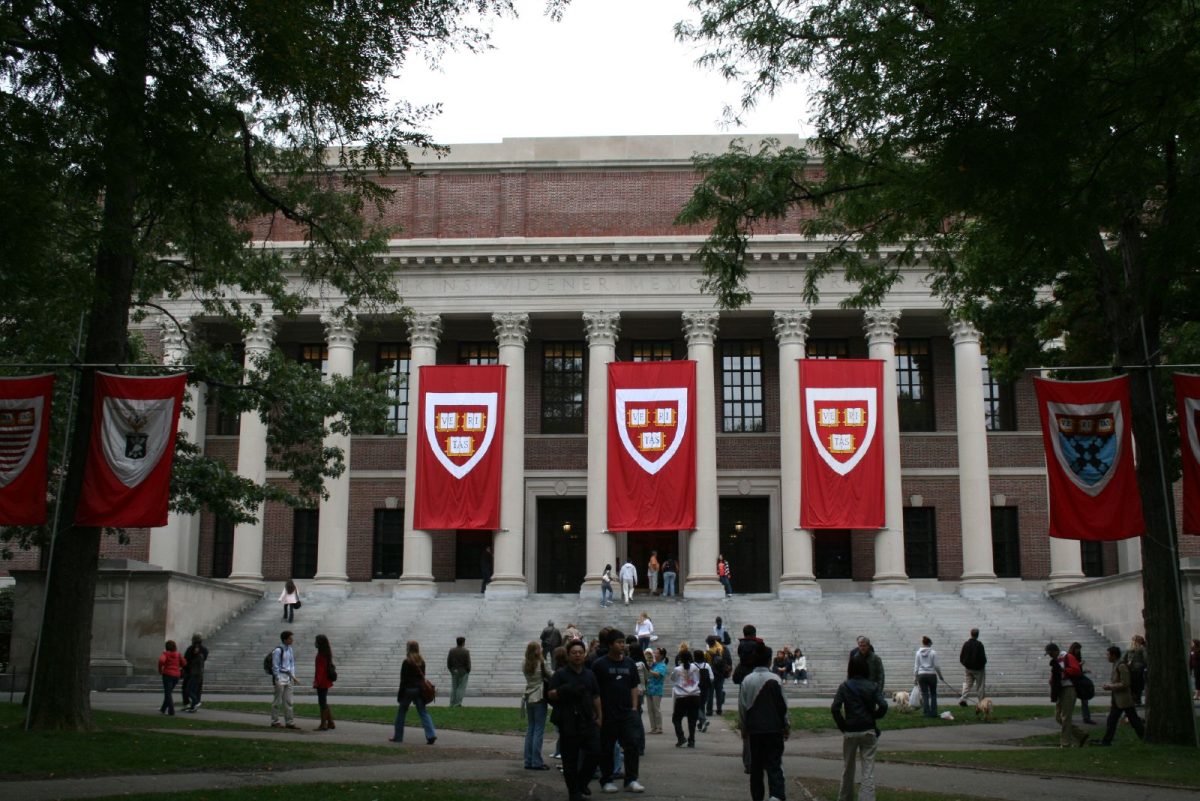The Trump Administration’s attacks have plagued the news recently, foremost among the targeted groups being institutions of higher education including Harvard, Columbia and Brown. The President has threatened to withhold billions of dollars in federal funding from these institutions if they don’t adhere to his agenda.
Over the past few months, his administration has been hyper-focused on clearing government and public institutions of liberal ideologists, which poses a threat to political diversity in the United States. Trump and his political allies have promised to scourge “wokeness” out of higher education, but so far, the only actions they have taken to do so have been threatening to withhold lump subsidies from top-ranked schools.
However, as of late, targeted universities have been banding together to defend themselves against such attacks. Over 200 institutions have signed a pledge to defend against the Trump Administration’s attacks on higher education, according to Trump’s former chief of staff John Kelly.
Columbia University has been one of the main targets of Trump’s attacks on higher education, and one of the administration’s largest targets based on funding being withheld. Trump threatened to withhold 400 million dollars worth of government funding from the institution, an amount unprecedented in our country’s history. Perhaps the most concerning part of this whole situation is how apparent Trump’s breach of basic civil liberties is.
In April the administration made nine demands of Columbia University, including placing all Middle Eastern studies programs under a new director, tasked to “ensure the educational offerings are comprehensive and balanced.” Other demands include banning facemasks on campus, abolishing the university’s judicial board and granting Columbia security full law enforcement privileges, asking that they arrest and or expel “agitators,” which they view as students who display overly liberal ideologies in protest. Although these demands were concerning, even more concerning was the lack of resistance on Columbia’s part following these demands. When the petition to protect higher education against the Trump Administration attacks was signed, Columbia only signed following the release of the petition and a significant amount of public pressure.
The Trump Administration’s actions on school funding have significant implications for WJ students.
“I don’t think it’s fair that everybody has to suffer from these funds because of a very specific demographic of people,” junior Stephen Herndon said. “I have a friend whose sister got into Columbia for medical school and she didn’t get to go there because a lot of the funds were cut.”
It is safe to say that this whole legal battle has damaged the reputation of higher education institutions, but the impact of funding cuts from universities like Columbia, Brown, and Harvard on admissions to top universities is even more complex. Although universities like Columbia’s reputation have been damaged, these institutions are still so competitive that admission will continue to remain unattainable for most. The only thing certain is that the future of higher education for WJ students is not. If Trump succeeds in cutting funding for higher education, a smaller endowment means a shrinking of student-based aid available. Tuition prices could rise, and financial aid could become even more unattainable for those who need it most.
On top of all of this, students from underrepresented backgrounds may feel hesitant to apply to a school with a governmental body aiming to curb diversity and reject inclusion. Trump’s demands towards schools like Columbia have harrowing implications for the future education of the youth, WJ students included.









